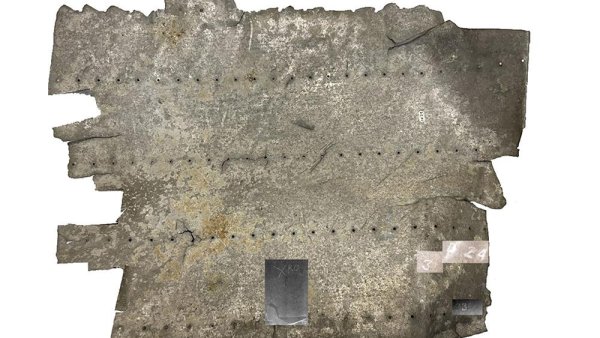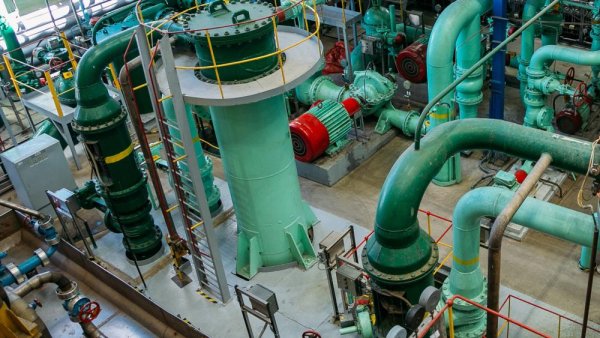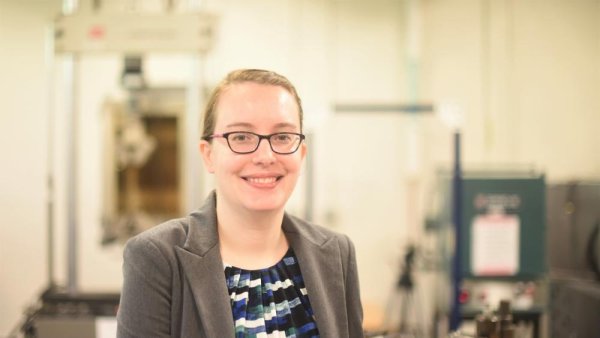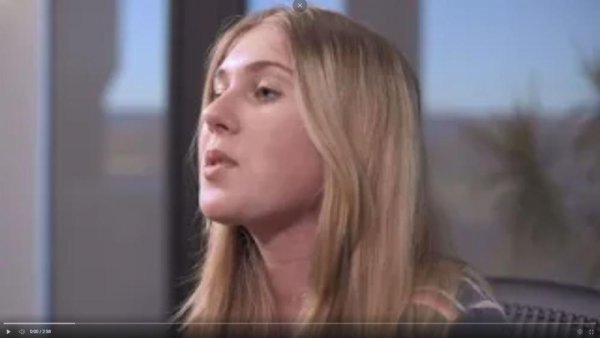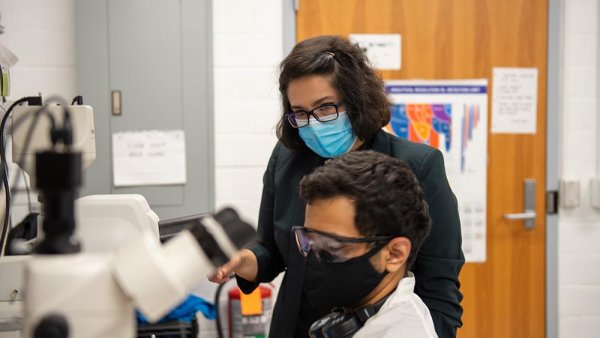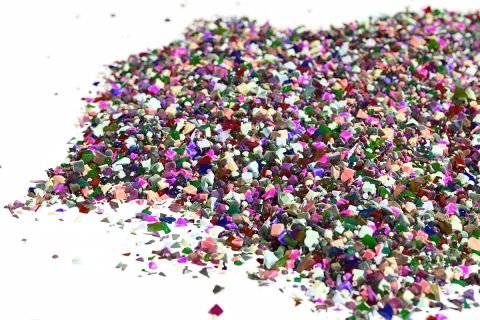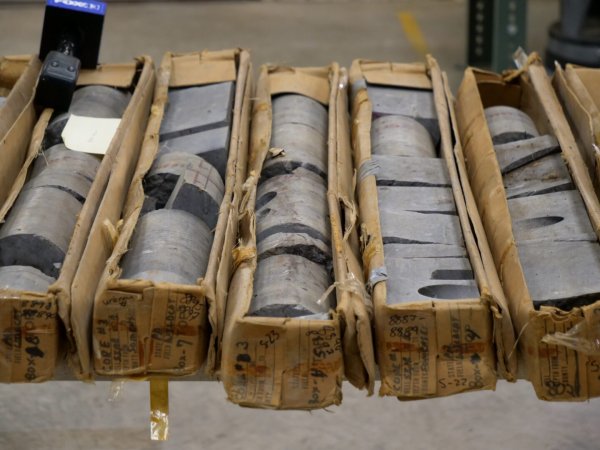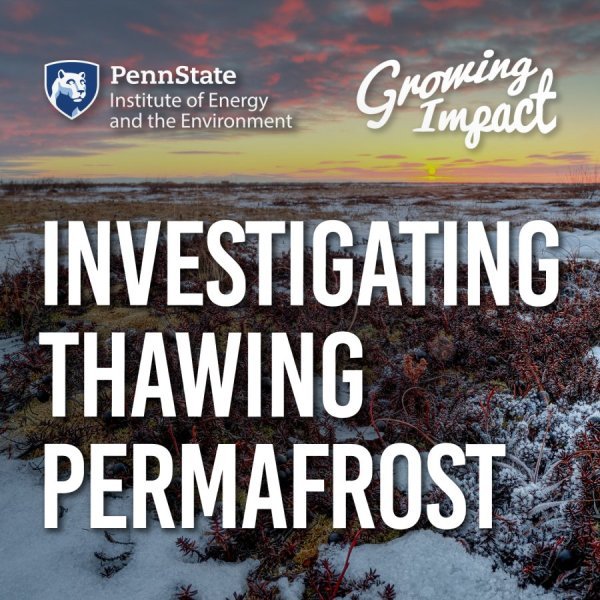How the Amelia Earhart mystery may inform microplastics research
| psu.edu
Penn State researchers used neutron radiography to reveal the first new information on a patch that may have come from Amelia Earhart's plane in 30 years. Now, they are using the same techniques to investigate microplastics.
Power plant pipe corrosion focus of industry research project
| psu.edu
A team of researchers at Penn State is investigating how contaminants in power plant water cycles affect the integrity of power generation system pipes in the wake of renewable energy sources.
New project to study impacts of eviction on health
| psu.edu
Penn State public policy and sociology researcher Andrew Fenelon will participate in a new project that will evaluate the effects of pandemic eviction-prevention policies on individual and area-level mortality.
NSF grant expands materials science research at Penn State Behrend
| psu.edu
A $385,000 grant from the National Science Foundation will fund the purchase of a drop tower impact-testing system at Penn State Behrend, where faculty members are developing new approaches to polymer recycling and the formulation of new composites.
Penn State graduate student helping PennTAP report on positive economic impact
| psu.edu
Graduate student Aditya Krishnaswamy is complementing his supply chain and logistics-focused industrial engineering studies with a graduate assistantship at Penn State’s Pennsylvania Technical Assistance Program.
EMS’ Millennium Scholars say program improves representation, research
| psu.edu
David Flores says he works off the common wisdom that you’re made up from the average of the five people closest to you. That’s what the first-year student majoring in materials science and engineering (MatSE) says he loves about the Millennium Scholars Program. He wants to be a leader — and a voice for the underrepresented — when he enters a career researching renewable energy technology.
Brandywine professor shares importance of Black in Marine Science Week
| psu.edu
As a Black marine scientist, Camille Gaynus wants to show people everywhere that Black people can be scientists. She also wants to show young children of color that they, too, can be a marine scientist.
The challenge of tracking methane emissions and why they are higher than publicly reported
| pbs.org
The COP27 climate negotiations in Egypt put a spotlight on the problem of methane emissions, which are responsible for more than a quarter of the warming on the planet today. More countries are pledging to reduce those emissions, but methane leaks remain a serious problem. This article and video quote Natasha Miles, associate research professor of atmospheric science.
Engineers improve electrochemical sensing by incorporating machine learning
| psu.edu
Combining machine learning with multimodal electrochemical sensing can significantly improve the analytical performance of biosensors, according to new findings from a Penn State research team. These improvements may benefit noninvasive health monitoring, such as testing that involves saliva or sweat.
Pennsylvania Office of Rural Health honors rural health champions
| psu.edu
The Pennsylvania Office of Rural Health presented six awards to honor organizations and individuals who took leadership roles in advancing rural health causes. The awards were presented by Lisa Davis, director of PORH and outreach associate professor of health policy and administration at Penn State, in honor of National Rural Health Day, Nov. 17, and Rural Health Week in Pennsylvania, Nov. 14-18.
Scientists warn of health impacts as Great Lakes plastic pollution grows
| bridgemi.com
As millions of pounds of microplastics enter the Great Lakes each year, microplastics are turning up in human bodies. Researchers are scrambling to understand the health effects while efforts to curb waste fall short. This article quotes Sherri Mason, associate research professor and director of Sustainability at Penn State Behrend.
Pennsylvania boosts carbon capture research with investment in state geological survey
| stateimpact.npr.org
Pennsylvania core samples have a lot of value for researchers now looking for the best places to inject carbon dioxide, so it can’t reach the atmosphere.

